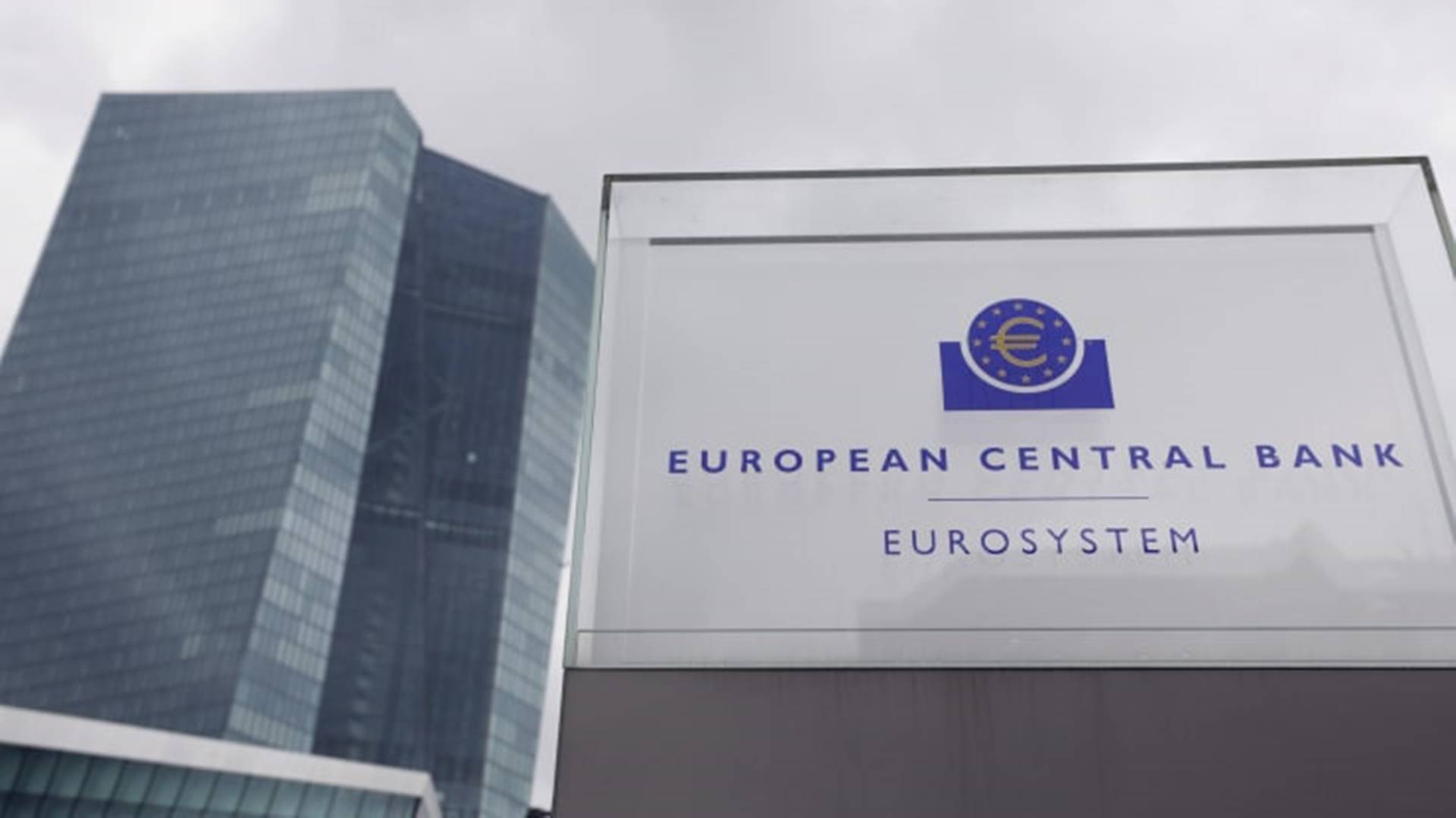Banks in the euro area could soon face difficulties if the current crisis deepens and erodes their capital positions, Andrea Enria, chair of the European Central Bank’s supervisory board, told CNBC in an exclusive interview on Tuesday.
The financial system has so far weathered the economic downturn sparked by the coronavirus, with academics and policymakers arguing that, in contrast to the global financial crisis, lenders are part of the solution to the ongoing shock.
“The banking sector (in the euro area) is in a very strong position to withstand an unprecedented shock,” Enria told CNBC’s Annette Weisbach.
However, he warned that if the crisis deteriorates then some banks “would face difficulties in maintaining their compliance with the minimum (capital) requirements.”
His comments came shortly after the ECB published an assessment of 86 banks in the euro area, which showed that they can cope with the challenges posed by the coronavirus pandemic. However, if the economic crisis persists the depletion of bank capital could be “material.”
The banks were stress-tested under two scenarios: one based on the central bank’s baseline forecast for a contraction of gross domestic product of 8.7% in 2020; and a more severe situation, which estimated a drop of 12.6% of GDP in 2020. Under the first scenario, the banks’ common equity tier 1 ratio — a measure of bank solvency — decreased by 1.9 percentage points. However, under scenario two, the CET1 ratio dropped by 5.7 percentage points.
“In this scenario, several banks would need to take action to maintain compliance with their minimum capital requirements, but the overall shortfall would remain contained,” the central bank said in a statement.
Euro zone banks are often assessed based on their geographical position, with lenders in southern nations seen as a higher risk than those in less indebted northern economies. However, Enria told CNBC that the tests carried out were not “focused on individual banks or individual countries.”
“The peculiarity of this crisis is that sometimes the concentration of exposure to certain sectors of the economy, for instance, is more important than other dimensions,” he said.

Bloomberg | Bloomberg | Getty Images
ECB extends ban on dividends, share buybacks
In a separate announcement Tuesday, the ECB asked European lenders not to pay dividends and not to buy back shares until January 2021.
The central bank also asked for “extreme moderation” on remunerations. These steps are aimed at allowing banks to keep their capital positions somewhat stable.
“It is really not an issue of how deep the recession is, the point is how uncertain we are as to the capital trajectories of banks,” Enria said.
To date, the European banking sector is down about 33% since the start of the year.
CNBC / Balkantimes.press
Napomena o autorskim pravima: Dozvoljeno preuzimanje sadržaja isključivo uz navođenje linka prema stranici našeg portala sa koje je sadržaj preuzet. Stavovi izraženi u ovom tekstu autorovi su i ne odražavaju nužno uredničku politiku The Balkantimes Press.
Copyright Notice: It is allowed to download the content only by providing a link to the page of our portal from which the content was downloaded. The views expressed in this text are those of the authors and do not necessarily reflect the editorial policies of The Balkantimes Press.
